Jessica Meth
Pharma Writer
Gone are the days of widespread access to pharmaceutical products with no restrictions. Manufacturers, providers, and patients must navigate formularies with multiple tiers, step edits, quantity limits, national drug code blocks, and increasingly, prior authorizations (PAs).
A PA is a type of formulary restriction that typically requires the prescriber to provide evidence of medical necessity before a drug can be covered. If you’re promoting a pharmaceutical product today, you’re likely hearing about PAs more often. In fact, an American Medical Association survey found a significant increase in the number and burden of PAs in recent years.1
The Growing Use of PAs and Resulting Issues
Did you know?2
- Physician offices complete approximately 33 PAs every week.
- This results in a weekly average of about 14 hours—or 2 business days—of PA-related paperwork.
The high use of PAs will likely continue due, in large part, to:
- The rise of high-cost specialty medications
- The push by payers to use less costly medications before covering a more expensive, branded option
Why Payers Use PAs
Payers put PAs in place to help control the rising cost of drugs and to make sure the right medicine is used appropriately and effectively for the right patient. For example, if a patient truly needs a more expensive drug, the payer wants to ensure it’s appropriate and will produce better outcomes than another, less costly one. The goal is to improve outcomes and quality, cost-effectively.3
Of course, that’s not always how PAs are perceived by manufacturers and providers. However, they must be prepared to abide by these decisions to help ensure patients can access the medicines they need.
Prescriber and Patient Issues With PAs
PAs not only result in extra paperwork for physicians and their office staff, but can also result in treatment abandonment or delays in getting medications to patients.1 In an American Medical Association survey of 1,000 physicians, 91% said PAs are to blame for care delays, and 40% reported serious adverse events or hospitalizations tied to PAs.2
PAs can also raise additional unknowns for prescribers, including:
- How to know when a PA is required
- How to process a PA (ie, different insurance companies have different requirements and processes)
3 Ways Manufacturers Can Respond to PAs
Consider the following tips when marketing your product in today’s environment:
- Invest in educating providers and patients on your patient support programs.
Make sure your sales and marketing teams have the tools they need to educate customers on your patient support service programs. While most manufacturers have a hub service that assists with benefits verification and the electronic PA process, providers, office staff, and patients are often confused about how to enroll, how it works, and how to access the services. Internal and external training is key. Consider leveraging audience-specific educational strategies that might include process charts, brochures, video tutorials, and eblasts. - Educate colleagues on the PA process.
Today’s sales reps need, at the very least, a basic, foundational knowledge of the market access environment. They must know the formulary status of their products, including whether any products require a PA. - Leverage field reimbursement managers.
As experts in access and reimbursement, field reimbursement managers (or a similar role) can educate providers on how to navigate the PA process.
With the right tools and education in place, providers may better know what to expect when prescribing the medicines their patients rely on.
References
- Loria K. The impact of prior authorizations. Medical Economics. February 27, 2019. Accessed October 9, 2020. https://www.medicaleconomics.com/business/impact-prior-authorizations.
- American Medical Association. 2019 AMA prior authorization (PA) physician survey. Accessed October 9, 2020. https://www.ama-assn.org/system/files/2020-06/prior-authorization-survey-2019.pdf
- Bihari M. How prior authorization works. VeryWell Health. March 2, 2020. Updated September 28, 2020. Accessed October 9, 2020. https://www.verywellhealth.com/prior-authorization-1738770?print
Jessica Meth is a pharmaceutical writer with 19 years of experience in healthcare writing and marketing for leading ad agencies and pharmaceutical accounts. In this role, she has developed print, digital, promotional, and training materials for multiple healthcare audiences, covering a range of disease states—from cardiovascular and respiratory to women’s health and pain management. As a pharma writer for Encompass, she assists in the development and launch of marketing training programs and creates content for sales reps and payer audiences.


